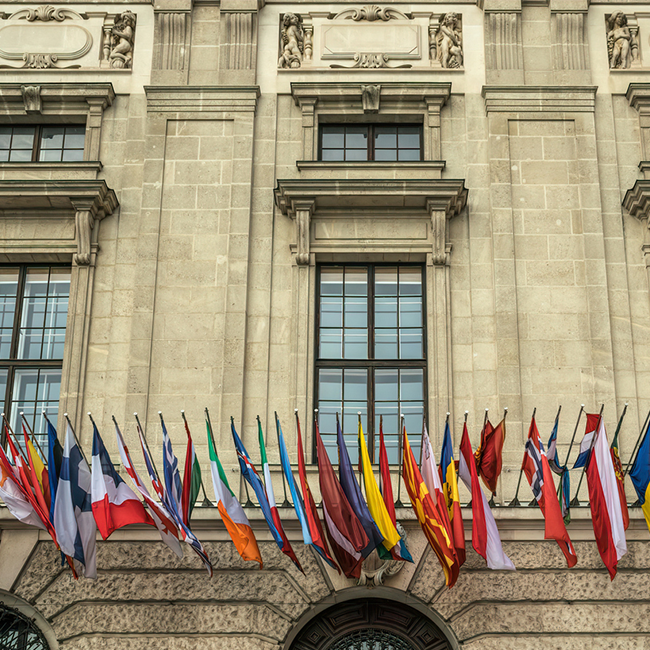
The post-Cold War European cooperative security order has been undermined by Russia’s revisionism and aggression, causing institutions based on shared liberal values and cooperation to struggle to adapt. Cooperative security now only works among like-minded states, putting the role and functions of the Organisation for Security and Cooperation in Europe (OSCE) under pressure. The entire multilateral system is at risk, worsened by recent US alienation and hostility towards it. Europe is at a crucial point: discussing cooperative principles such as border inviolability isn’t enough without action. To protect the security order vital to the whole OSCE region, Europe needs a proactive strategy that includes both containment and engagement. The outcome of the war in Ukraine is key: it will either confirm or reject spheres of influence in Europe, shaping the continent’s future.
The seminar provides background for the rapidly shifting context of European security by tracking key developments and drawing lessons from European security arrangements since the Cold War. It discusses scenarios highlighting the potential implications of today’s policy choices for European security in the future. The seminar draws from research conducted within the National OSCE Research network at FIIA funded by the Ministry for Foreign Affairs of Finland. The objective of the seminar is to contribute to the ongoing Finnish OSCE chairmanship.
Programme:
Opening words:
Klaus Korhonen, Ambassador, Ministry for Foreign Affairs of Finland and Chair of the Board of FIIA
Panel discussion:
Toni Sandell, Deputy Head, Task Force for the Finnish OSCE Chairpersonship, Ministry for Foreign Affairs of Finland
Hanna Smith, Senior Strategic Adviser, OSCE
Tyyne Karjalainen, Research Fellow, FIIA
Moderator:
Juha Jokela, Programme Director, FIIA


